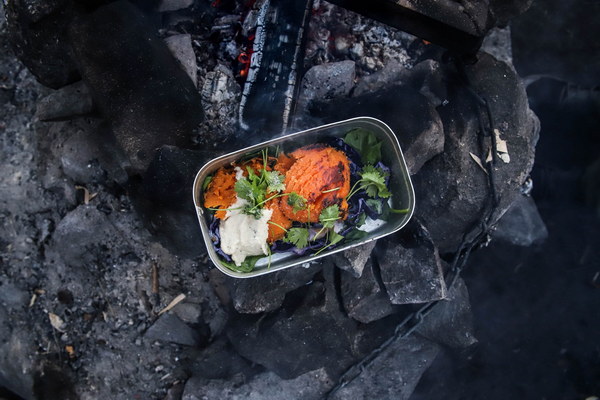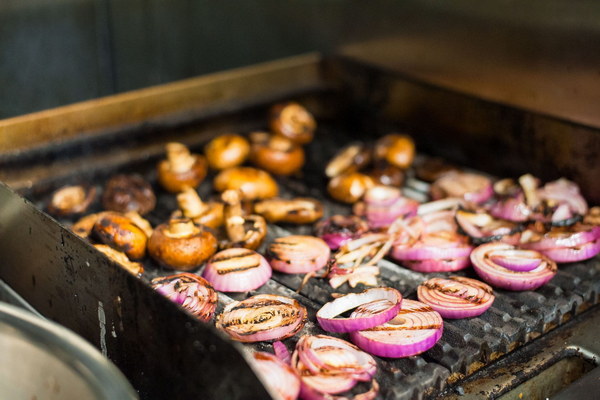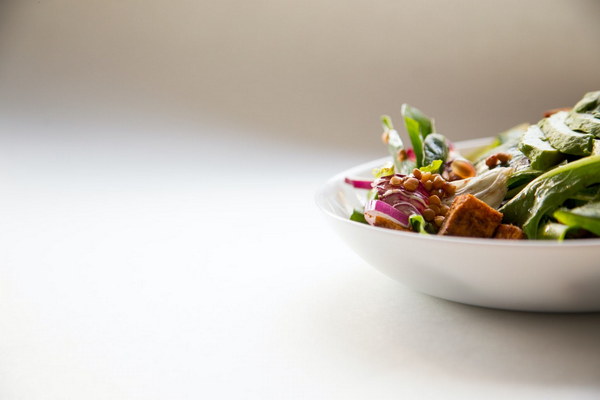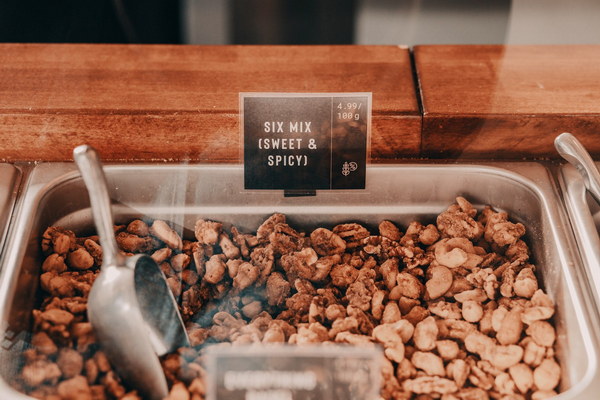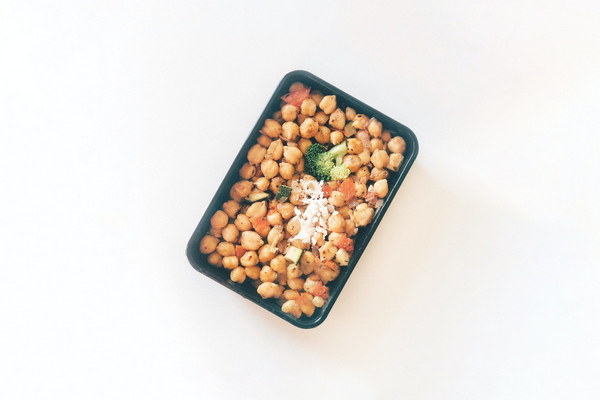Swift Recovery Top Strategies for Boosting Qi and Blood Post-Intestinal Surgery
Introduction:
Undergoing intestinal surgery can be a challenging experience, both physically and mentally. The recovery process is crucial for a full and swift recovery. One of the key aspects of recovery is to replenish the body's Qi (vital energy) and Blood. This article provides a comprehensive guide on how to quickly boost Qi and Blood post-intestinal surgery, helping you regain strength and vitality.
1. Nutritional Support:
A balanced diet is essential for replenishing Qi and Blood after surgery. Here are some dietary recommendations:
a) High-Protein Foods: Consume lean meats, fish, eggs, and dairy products to aid muscle repair and tissue growth. Ensure you are getting enough protein to support recovery.
b) Iron-Rich Foods: Incorporate iron-rich foods such as red meat, lentils, beans, and green leafy vegetables into your diet. Iron helps in the production of hemoglobin, which carries oxygen to the body's tissues.
c) Vitamin C-Rich Foods: Vitamin C enhances iron absorption. Include fruits like oranges, strawberries, and kiwi, as well as vegetables like bell peppers and broccoli.
d) Iron-Fortified Foods: Consider consuming iron-fortified cereals and bread to increase your iron intake.

e) Hydration: Stay well-hydrated by drinking plenty of water throughout the day. Water aids in the transportation of nutrients and the elimination of waste products.
2. Traditional Chinese Medicine (TCM):
TCM offers various treatments that can help boost Qi and Blood after intestinal surgery. Here are some options:
a) Acupuncture: Acupuncture stimulates specific points on the body to enhance energy flow and promote healing. Consult with a qualified acupuncturist to determine the best treatment plan for you.
b) Chinese Herbs: Herbs such as Astragalus, Codonopsis, and Panax Ginseng have been traditionally used to boost Qi and Blood. Consult with a TCM practitioner to create a personalized herbal formula.
c) Cupping: Cupping involves placing cups on the skin to create suction, which can help improve blood circulation and promote healing. Cupping therapy can be beneficial in reducing postoperative swelling and pain.
3. Exercise and Physical Therapy:
Physical activity plays a vital role in the recovery process. Here are some exercises and therapies to consider:
a) Gentle Walking: Start with short, frequent walks to promote blood circulation and prevent deep vein thrombosis (DVT). Gradually increase the duration and intensity of your walks as your strength improves.
b) Pelvic Floor Exercises: Strengthening the pelvic floor muscles can help with bowel and bladder function. Consult a physical therapist for guidance on proper exercises.
c) Stretching and Strengthening: Gentle stretching and strengthening exercises can help improve mobility and reduce postoperative pain. Always consult with a healthcare professional before starting any exercise regimen.
4. Adequate Rest and Sleep:
Recovery requires adequate rest and sleep. Ensure you are getting enough sleep each night and take naps when needed during the day. Resting helps the body heal and replenish Qi and Blood.
5. Emotional Support:
The emotional impact of surgery should not be overlooked. Seek emotional support from friends, family, or a mental health professional. Positive emotions can contribute to a faster recovery.
Conclusion:
Replenishing Qi and Blood after intestinal surgery is crucial for a swift recovery. By following the nutritional, TCM, exercise, and lifestyle recommendations outlined in this article, you can enhance your healing process and regain strength and vitality. Always consult with healthcare professionals for personalized advice and guidance throughout your recovery journey.
